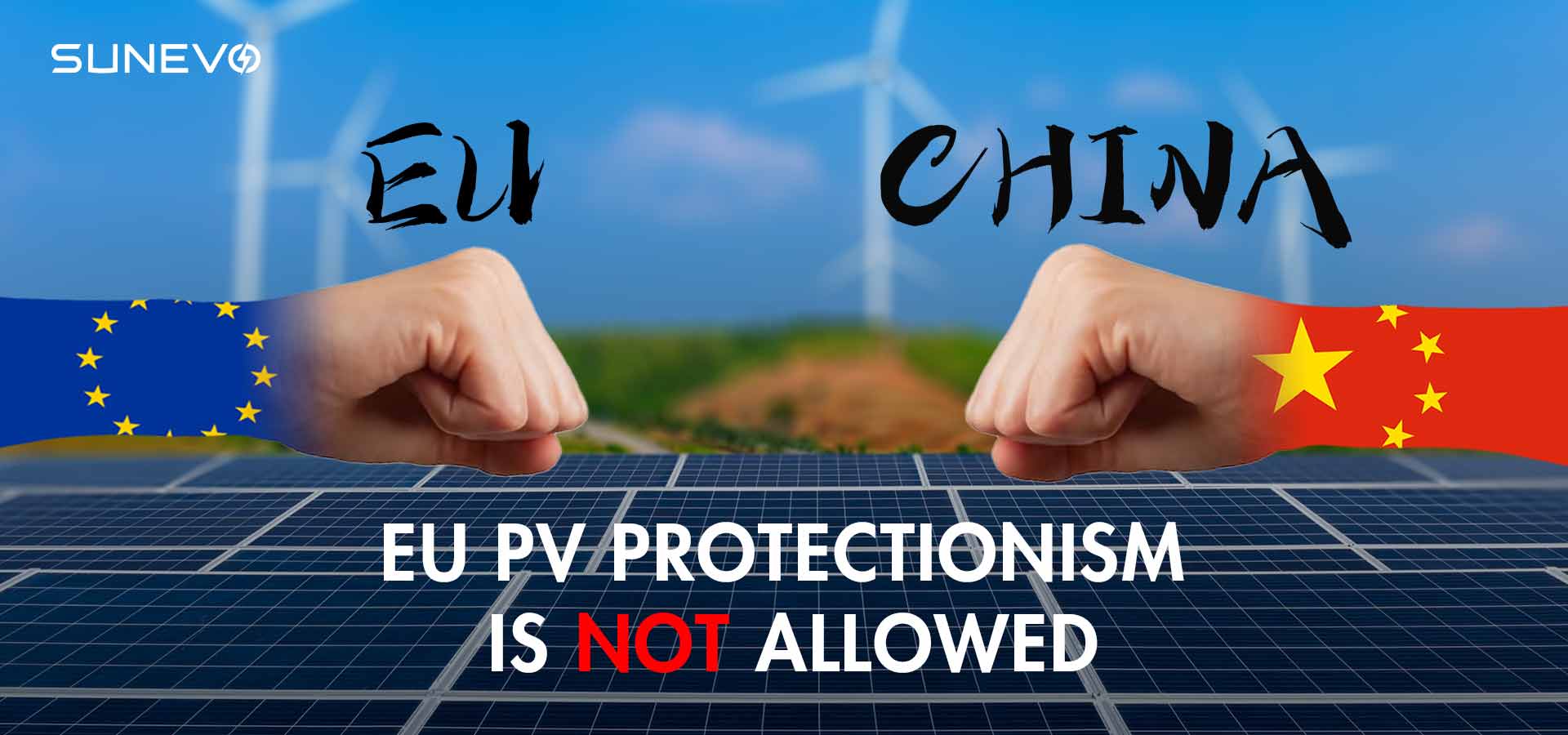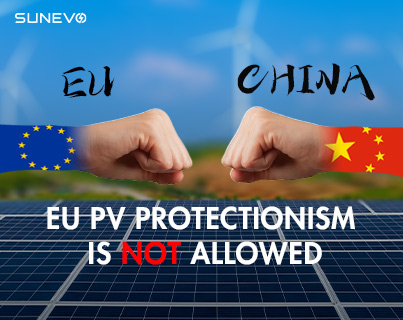

The European Union (EU) has long been a champion of renewable energy, setting ambitious goals to transition to a cleaner, more sustainable energy future. A significant part of this strategy involves harnessing solar energy. As such, many member countries rely heavily on solar modules wholesale from China to meet their renewable energy targets. To guard its domestic industry, the EU has implemented certain protective measures. However, this piece contends that such protectionist tactics might be counterproductive, potentially hindering the EU's solar energy ambitions.
The Context of Protectionism in the Solar Industry
Protectionism, in the context of the solar industry, refers to the steps taken by governments to shield their local solar manufacturers from foreign competition. This is typically achieved through tariffs or quotas. While the EU boasts a fairly robust solar industry, it still leans heavily on imports, particularly from China, the world's leading producer of solar panels. This dependency is partly due to the competitive pricing of Chinese-made solar modules, thanks to economies of scale and efficient manufacturing processes.
The Argument Against Protectionism
Leading industry publications like PV magazine argue that protectionism can create market distortions and stifle the growth of the solar industry. The magazine suggests that the EU's strategy of imposing protectionist tariffs could ironically harm their climate protection efforts and the economy. Taiyang News, another respected voice in the industry, also contends that protectionism could lead to a slower transition to green energy, inflict higher costs on consumers, and result in potential job losses in the long run. These perspectives suggest that protectionist policies might be more harmful than beneficial.
The Real Scenario vs Misconceptions
The solar industry has not been without controversy, particularly regarding allegations of 'dumping' by Chinese solar panel manufacturers. 'Dumping' refers to the practice of selling goods below cost to capture market share. Many, however, argue against these claims, positing that the low prices are a result of economies of scale and efficient manufacturing processes, not underhand tactics. Euractiv, another industry publication, suggests that tariffs are not the solution to the challenges facing the European solar industry. Instead, they could exacerbate these issues, causing more harm than good.
The Consequences of Protectionism
Protectionism can have severe consequences on the EU's solar ambitions. Sustainable Views, an online platform focused on sustainability, suggests that higher tariffs could slow down the transition to green energy and increase costs for consumers. Furthermore, restrictive trade measures could lead to a loss of market share, job losses, and the failure to meet climate goals. These potential outcomes highlight the need for the EU to reassess its stance on protectionism in the solar industry.
The Role of Innovation in Overcoming Challenges
Innovation, particularly in technology and manufacturing processes, can help the EU's solar industry compete on a global scale. From developing more efficient solar panels to finding cost-effective ways to install and maintain these systems, there are numerous examples of successful innovation in the solar sector. These have significantly impacted the market and can serve as inspiration for the EU.
The Importance of International Cooperation
International cooperation in the solar industry can bring substantial benefits. Collaborations between countries in promoting renewable energy have proven successful, suggesting that working together in a global market can lead to technological advancements, economies of scale, and a more sustainable future. The EU could potentially benefit from these collaborations, accelerating its transition to renewable energy.
Policy Recommendations for Sustainable Growth
Instead of resorting to protectionism, the EU should consider policy measures that can support the growth of the solar industry. There are numerous examples of countries that have successfully promoted renewable energy without hindering trade. These case studies could provide valuable insights into how the EU could structure its policies to promote the growth of its solar industry while maintaining a balanced trade relationship with other countries.
The Role of Consumers in Driving Change
Consumer demand for sustainable energy can greatly influence the direction of the solar industry. By supporting local solar manufacturers and advocating for more sustainable energy policies, consumers can play a significant role in shaping the industry. This could involve choosing solar-powered solutions for their homes and businesses, advocating for government policies that support renewable energy, and raising awareness about the benefits of solar energy.
Last But Not Least
In conclusion, while it is crucial to protect and support local industries, the EU should avoid protectionism in its solar industry to achieve its ambitious climate goals. Balancing the need for local manufacturing growth with the benefits of international trade and cooperation is key. As we move towards a more sustainable future, the role of consumers, innovation, and international cooperation in driving this change cannot be underestimated.